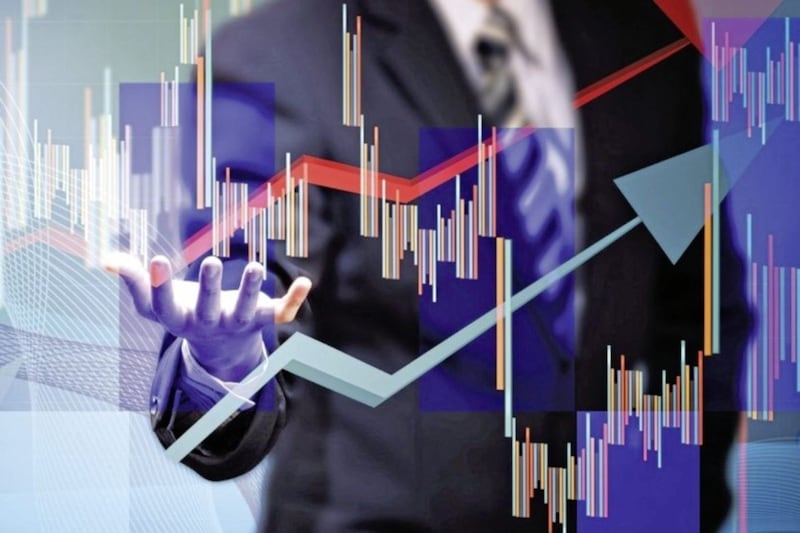WE'RE now officially in autumn, traditionally a time when the market comes to life again after the summer months. But this is without doubt a very interesting and unprecedented time – the UK is facing so much political uncertainty in terms of Brexit and this has already had an impact on the economy. As we approach the October 31 deadline, it might be expected that the market would reflect such uncertainty and we have seen predictions of a sharp correction, although this has yet to materialise.
Since the beginning of the year the FTSE 100 has risen by 7.12 per cent (to the end of August), but it should be remembered that this was a sharp recovery after a dismal performance last year.
The UK has, though, underperformed compared with the US and Europe: the S&P 500 has risen by 16.74 per cent in the first eight months of the year and the Euronext index is up by 11.5 per cent.
Even over the summer months we have seen a rise in markets, with the US up by 6.34 per cent, Europe up by 4.11 per cent and the UK up by a much more modest 0.63 per cent. This is obviously one of the years when “sell in May and go away” has not held good.
Uncertainty is by no means confined to the UK. The on-going trade war between the US and China is having a global impact, as we swing between threats and more conciliatory messages. There is also growing speculation that global growth is slowing, although so far, the US appears to be holding up well and manufacturing is still growing, albeit more slowly than last year.
Much attention has been focussed on China, as the growth engine in recent years, and here there is evidence that demand is weakening, and manufacturing is flatlining: this has a knock-on effect round the world with countries such as Germany feeling the impact in particular as they are major exporters to China.
Over the last month we have also seen a number of traditional economic relationships being called into question. These include a sharp increase in the number of negative yielding bonds around the world; in the US the 30-year Treasury bond yield is at an all-time low; the yield curve in the US is inverted and has reached the most negative level since 2007; fixed income yields are below stock yields; and Treasury yields after inflation (“real” yields) are negative.
A great deal of the uncertainty surrounding the UK has been reflected in sterling, which has seen dramatic falls in value against both the US dollar and the euro recently. This has led to an upturn in merger and acquisition activity as overseas companies take advantage of the currency movement.
There is no easy answer to the question of how investors should be positioned in such uncertain times. However, remember that investments are for the long term and that diversification both in terms of geography and asset class does help mitigate risk.
:: Cathy Dixon is a partner at the Belfast office of Cunningham Coates Stockbrokers. This article does not constitute a recommendation to buy or sell investments and the value of any shares may fall as well as rise.








